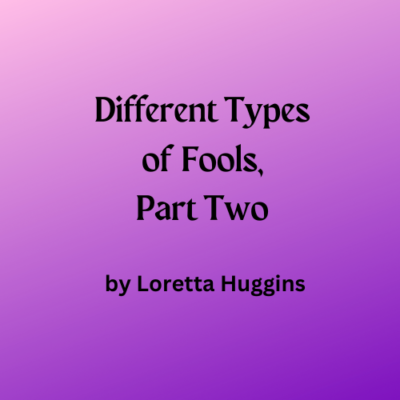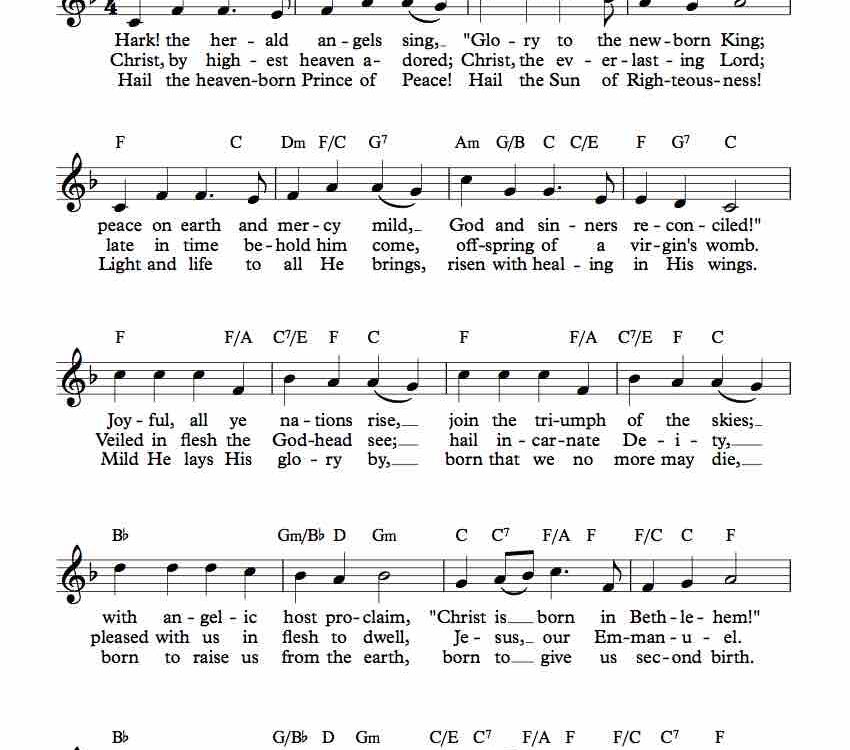El Regalo Más Precioso Que El Oro
April 6, 2023
What I Learned From Dr. Sumrall by Larry Huggins
April 7, 2023PROVERBS: GPS to a Better You
Different Types of Fools, Part Two by Loretta Huggins
“Lord, what fools these mortals be!”
– A Midsummer Night’s Dream
The above quote from Shakespeare’s play “A Midsummer Night’s Dream” reflects Shakespeare’s commentary on human behavior and how our desires and emotions can lead us astray. However, before Shakespeare called such behavior foolish, the writer of Proverbs, namely, King Solomon – known for his great wisdom – wrote about foolish people: he used the word “fool.” And throughout Proverbs, various kinds of fools are discussed.
In this blog post, we will delve into the spiritually blind fool, the second type of fool noted in the amplified Bible footnote on the word “fool.” This person lacks spiritual insight and is unable to understand the ways of God. This person may be intelligent and successful in other areas of life, but when it comes to matters of faith, the person is clueless. Proverbs 1:7 (TPTii) reads,
“How, then, does a man gain the essence of wisdom?
We cross the threshold of true knowledge when we live
in obedient devotion to God.iii
Stubborn know-it-alls will never stop to do this,
for they scorn true wisdom and knowledge.”
The spiritually blind person may scoff at Godly wisdom. A side note: the word “wisdom” in the last sentence is modified, which deserves an entire blog dedicated to its meaning.
Again, as was noted in the previous blog post, it is important to note that there are at least three Hebrew words translated as “fool” in Proverbs and another six related to a fool or foolish acts. A fool is described in Proverbs as one who hates true wisdom and correction, with no desire to acquire revelation knowledge. iv
A hypothetical example of a spiritually blind person could be someone highly successful in life who feels unfulfilled and unhappy. Despite having a comfortable lifestyle, this person may try to fill the void with material possessions or distractions with some form of vice; however, none of those things gives true satisfaction. As a result, a never-ending struggle with feelings of emptiness, and inadequacies, causes the person to miss out on the richness and beauty of life.
Having a privilege or at least a comfortable lifestyle is a good thing. Nonetheless, a wonderful lifestyle is sublime, filled with the wisdom of God.
Questions for discussion:
1) Have you ever thought that living an unfulfilled and unhappy life is to be viewed as foolish according to Proverbs?
2) Question #1 is a difficult question, especially when one is struggling with such feelings; however, finding answers in God’s Book of Wisdom is certainly a big PLUS! (Your comments and insights are appreciated.
___________________________________
i William Shakespeare’ A Midsummer Night’s Dream
ii The Passion Translation (TPT)
iii Many translations render this “the fear of the Lord.” However, it is much more than the English concept of fear. It also implies submission, awe, worship, and reverence. (Copied from Strong’s App Amplified Bible.)
iv Amplified Bible footnote from the TPT Bible on the phrase “know-it-alls.”

Loretta Huggins, born and raised in San Francisco, CA, has served in the ministry with her husband, Larry Huggins, since 1989: administrator, hostess, event planner, and teacher. She has traveled to eighteen countries. She is the co-founder and co-pastor of ZChurch.




